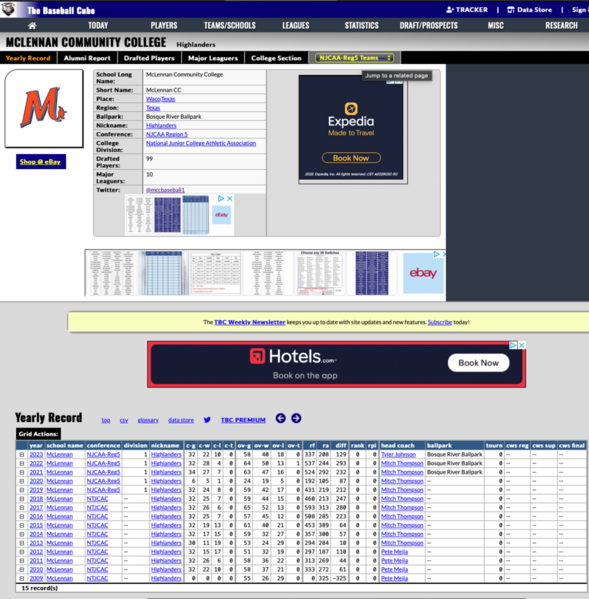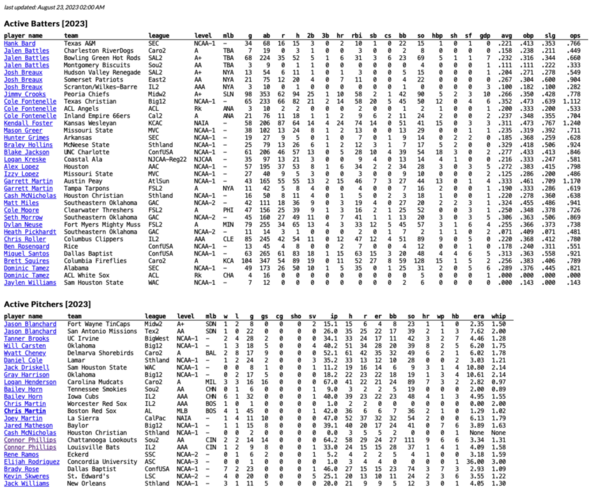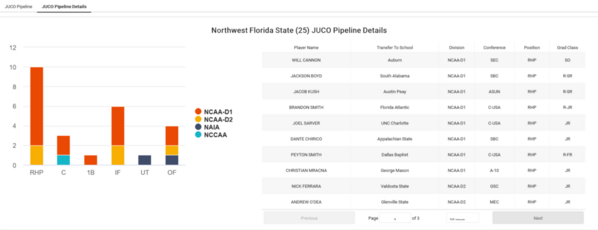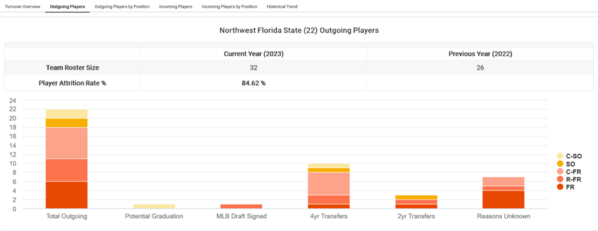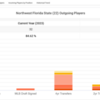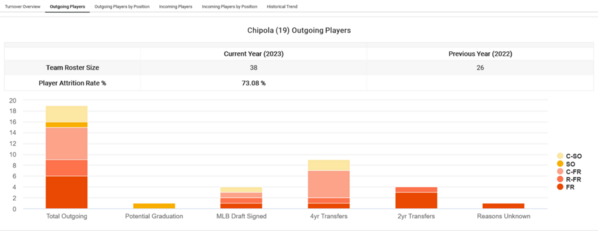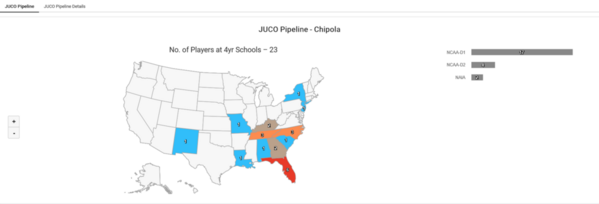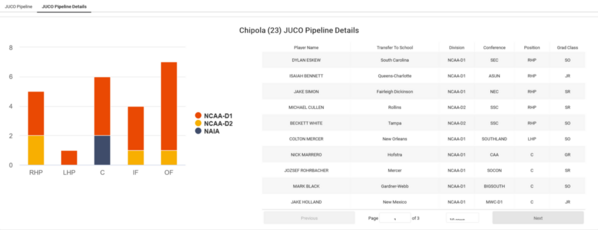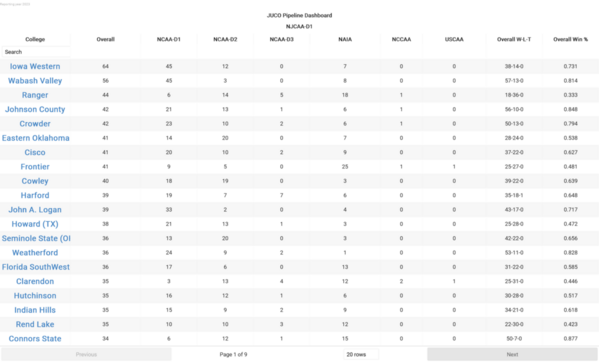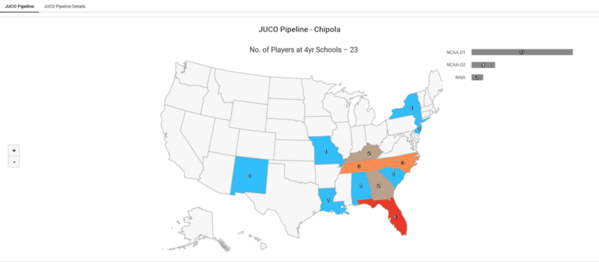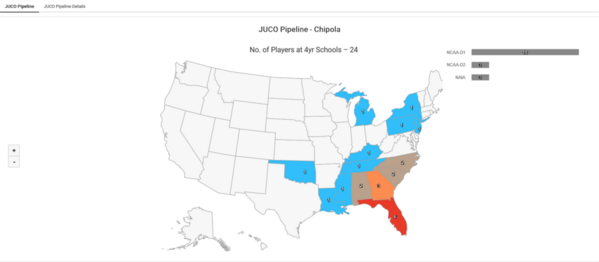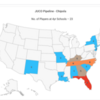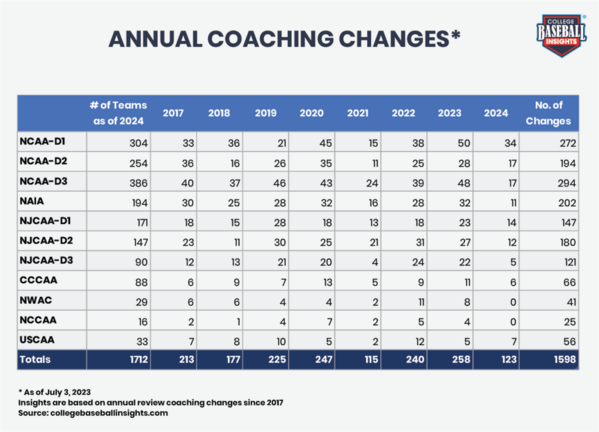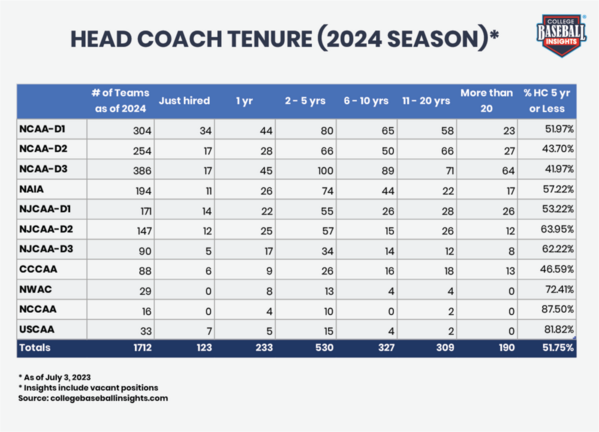What advice do people have for finding the right Juco program these days as a position player?
We've got a College Baseball Insights subscription, which helps tremendously, especially when looking for a program that historically places multiple players into 4-year programs.
It would be desirable to find a program that doesn't have too many players rostered. That way there's a better chance of getting play time. What sort of roster size range should one be looking for?
It would also be great if there's athletic scholarship money available. Do most D1 juco programs have all 24 scholarships or does it vary from program to program? Can they be given to non-residents? How about for D2 juco programs? Even if they're tuition only, that scholarship can really make a difference.
If a juco program primarily has all of their players from within the region, would it mean the coach is unlikely to consider a player from outside the region?
Should one emphasize going to a juco program that historically places players at NCAA-D1 schools if that means they might not have much playing time their 1st year? Or would it be better to go to a juco program that has a dismal history of placing players at NCAA-D1 programs, but play time would be ample and immediate? I've seen D1-juco programs that only have maybe 1-2 players that are currently playing D1-NCAA and they're almost always pitchers.
Is there a way to determine or know if a juco program usually takes NCAA-D1 drop down players after the fall semester?

